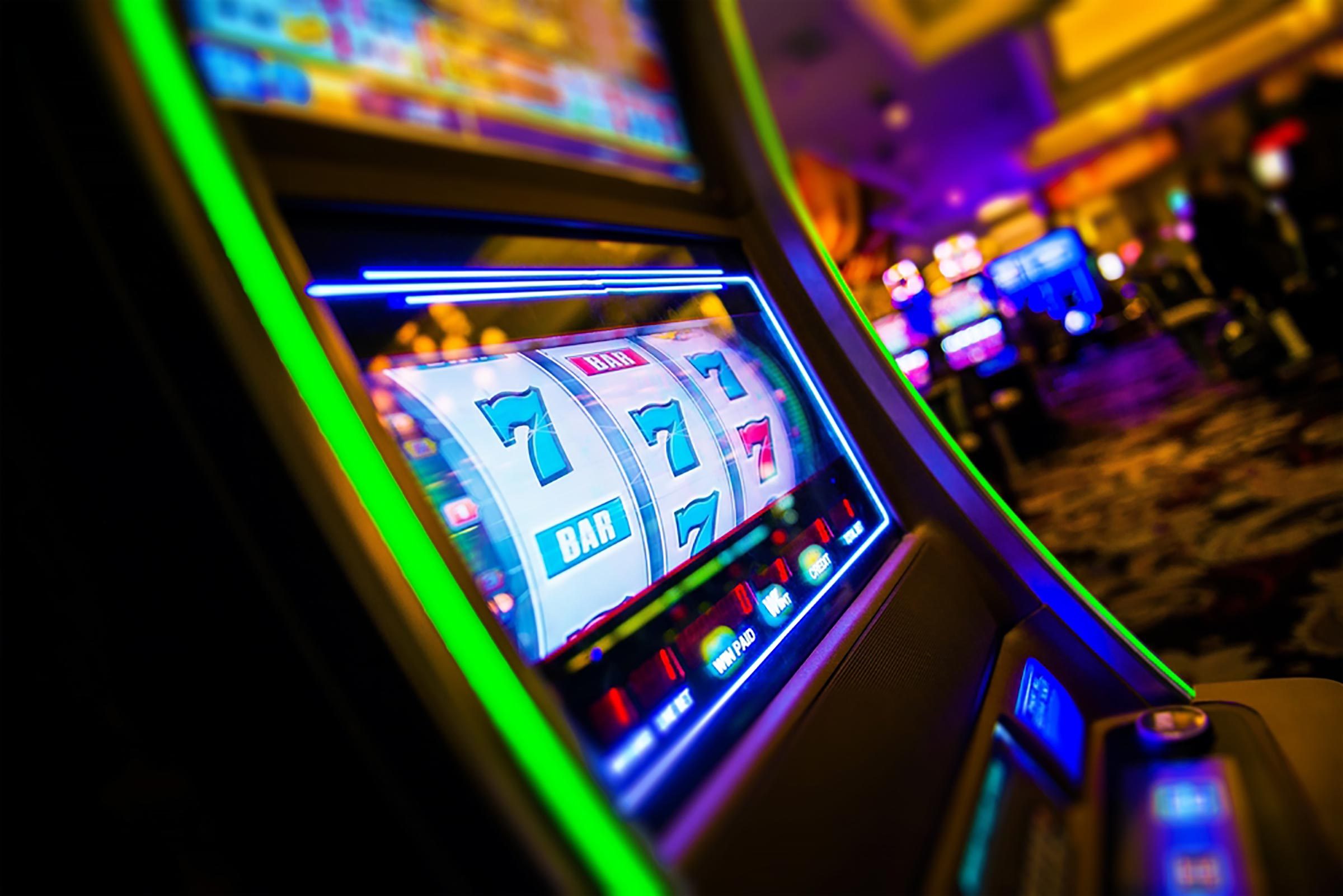
In the world of gambling, where chance and strategy intersect, a unique tapestry of beliefs unfolds—one that weaves together luck, fate, and the enigmatic nature of casino games. Casinos, bustling with excitement and anticipation, are not just spaces for placing bets; they are also arenas where superstitions thrive. Ranging from the novice player to the seasoned gambler, these mysterious practices often shape how individuals approach the games they play, believing that their actions can affect the outcome in ways that go beyond mere probability.
As players gather around roulette wheels, blackjack tables, and slot machines, the atmosphere is thick with stories of lucky charms, rituals, and codified behavior that defy logic yet provide a sense of comfort. It could be the case that it’s wearing a specific outfit, following a particular sequence of bets, or even avoiding certain numbers, the attachment to various superstitions reflects a deep-rooted desire to master the uncontrollable. This article delves into the captivating world of casino game superstitions, investigating the beliefs that simultaneously entertain and mystify those who dare to play.
Historical Roots of Superstitions
Gambling games have long been connected with an array of superstitions that go back to ancient societies. The origins of these notions can be associated to humanity’s intrinsic desire to influence the random outcomes connected with chance and randomness. In ancient civilizations, activities of chance were often connected to religious practices. Gamblers would call upon blessings or seek favor from spirits, believing that their actions could change the outcomes in their benefit. This foundation laid the foundation for the variety of superstitions that proliferated as gambling evolved over ages.
During the Middle Ages, betting became a popular activity across European nations, and with it, a diverse tapestry of superstitions emerged. đá gà 77WIN Players adopted numerous rituals and charms, believing they could influence the results of games. The importance of numbers, in particular, emerged to show in superstitions around card games and dice. The number seven was often considered auspicious, while other numbers carried negative connotations. These beliefs mirrored the social contexts of the time, evolving as they moved through generations and transformed to new gaming environments.
As casinos appeared in the 1600s, particularly in Italy and the French nation, the atmosphere surrounding betting became imbued in enigma. The growing availability of casino games allowed for the spread and diversification of superstitions among players. Concepts like charmed charms, special seating arrangements, and rituals gained prevalence, creating a special culture within casinos. As these customs continued to thrive, they became integral to the essence of casino games, illustrating how the past and tradition shape the convictions that influence how gamblers connect with chance.
Popular Casino Superstitions
Beliefs surrounding gambling games are abundant and varied, mirroring the hopes and fears of players as they participate in chance-based games. One of the most prevalent views is that certain numbers bring luck or bad luck. For example, the digit 7 is often seen as a lucky number, frequently embraced by gamblers looking for a positive result. 77win Conversely, the number thirteen is routinely considered unlucky, leading many gamblers to steer clear of it during their gaming sessions.
Another common belief relates to practices that players believe can influence their odds. It could be blowing gently on the dice before a roll, using a specific hand to place a wager, or even wearing particular items of attire, many people feel that these actions can sway fate in their favor. These practices offer a feeling of control in an otherwise unpredictable environment, strengthening the idea that fortune can be manufactured through individual convictions and habits.
Finally, the ambiance and atmosphere of the gambling house itself contributes to superstition. Many gamblers suggest that the presence of certain symbols, such as four-leaf clovers or lucky tokens, can enhance their chances of success. Additionally, players might hold to the notion that winning streaks can be interrupted by mundane occurrences, such as someone passing by or a spill at the table. The shared atmosphere in a gambling house can amplify these beliefs, creating a communal culture of myths that goes beyond individual encounters.
Impact of Superstitions on Players
Beliefs play a important role in the psychology of gamblers, often affecting their behavior and decision-making. A lot of gamblers think that luck can be manipulated through different rituals, such as donning a talisman, choosing particular hues, or steering clear of particular digits. This dependence on superstitions can create a sense of control in an environment that is inherently unpredictable. Players often feel more confident and engaged when they feel that their actions could sway the result of a game in their advantage.
The influence of these superstitions extends beyond individual players, affecting the general atmosphere within the casino. For instance, a player who holds the belief in the luck of a certain slot machine might draw a crowd, as others are fascinated by their apparent success. This collective belief can heighten excitement and create a dynamic environment, leading to an engaging experience even for those who may not necessarily be believers themselves. The excitement around certain games can lead to higher participation and extended playing sessions, supporting the casino’s vibrant social scene.
In some instances, superstitions can lead to detrimental effects for players. Depending too much on rituals can result in poor gambling decisions, as some may ignore basic strategies in favor of baseless beliefs. Additionally, the stress to perform rituals may heighten anxiety and stress levels, detracting from the pleasure of the experience. Ultimately, while superstitions can enhance the thrill of playing casino games, they can also lead to poor choices that overshadow the enjoyment and amusement intended in the casino experience.